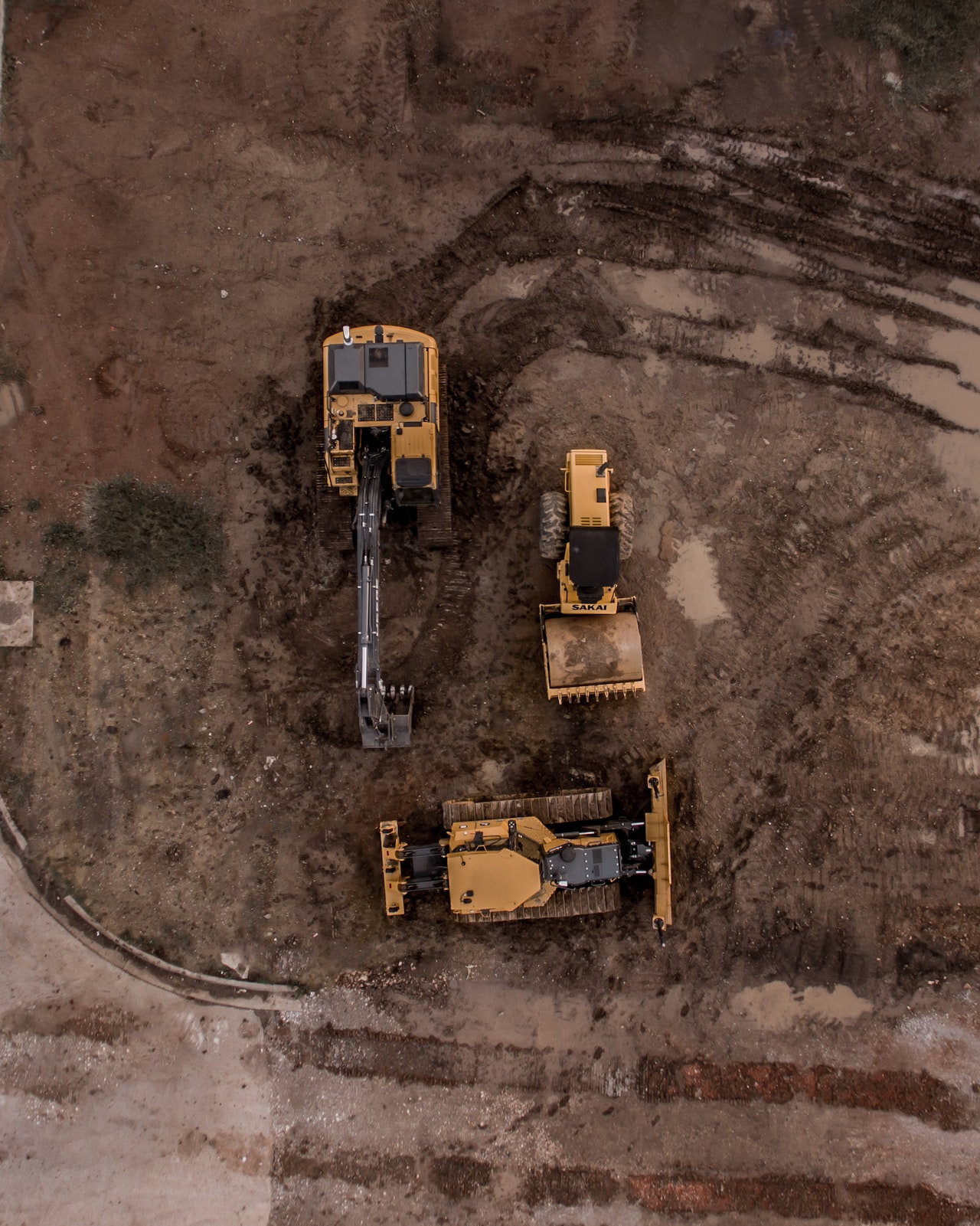DeSantis signs bill that can potentially kill Americans

A bill allowing the construction of roads in Florida using “radioactive” mining waste that has been linked to cancer was signed on Thursday by Florida governor and potential presidential candidate Ron DeSantis.
“Gov. DeSantis is paving the way to a toxic legacy generation of Floridians will have to grapple with,” Florida and Caribbean director and attorney at the Center for Biological Diversity Elise Bennett said.
“This opens the door for dangerous radioactive waste to be dumped in roadways across the state, under the guise of a so-called feasibility study that won’t address serious health and safety concerns,” the lawyer added.
What DeSantis Want
Supporting Bennet’s concern is Rachael Curran, an attorney with People for Protecting Peace River saying that “No environmentally conscious or ‘green’ governor worth his salt would ever sign a bill into law approving roadbuilding with radioactive materials.”
The state House-sponsored proposal includes phosphogypsum on a list of “recyclable materials” that government representatives claim can be used in road building.
The list already contained materials that officials had previously concluded are “part of the solid waste stream and that contribute to problems of declining space in landfills,” such as ground rubber from auto tires, ash residue from coal combustion byproducts, recycled mixed-plastic, glass, and construction steel.
Phosphogypsum, on the other hand, is not a product that is typically aggregated in landfills. It is made up of byproducts from the mining of phosphate, which the EPA classifies as a “radioactive material” due to the “small amounts” of uranium and radium it contains.
Reducing Risks
The bill states that before it can be used, a study to “evaluate the suitability” of its use must be conducted by the state’s Department of Transportation, which “may consider any prior or ongoing studies of phosphogypsum’s road suitability in the fulfillment of this duty.”
Enjoying this article?
Subscribe to get more stories like this delivered to your inbox.
Question –– is the Florida Department of Transportation in the position to make a finding about the health and safety of this product to Floridians and the environment?
Read More News
How to write effective prompts for ChatGPT
The photo above is from Pexels
Journalist
